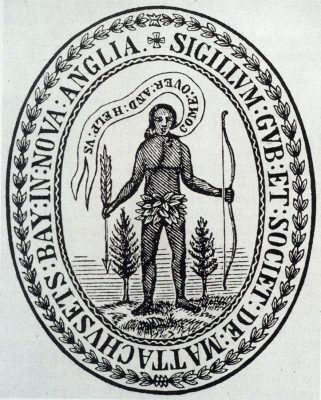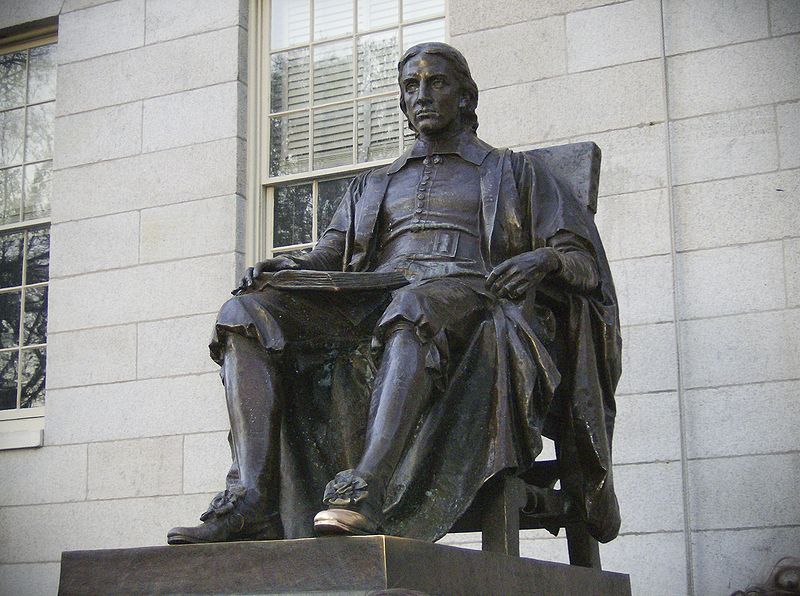

The Mississippi Valley Historical Review.
Perry miller errand into the wilderness series#
Miller's history was further deepened by his emphasis on development: he sees history as proceeding in a continuing series of interactions between traditional cultural forms and immediate environmental circumstances. By contrast, within the 'conscious' realm the drive for knowledge about an intelligible universe controlled by laws vied with the opposite religious faith in an unknowable universe controlled by God.

Hollinger (1968) explores the philosophical basis of Miller's historiography, arguing that Miller's formulation of problems was controlled by tensions between 'conscious' and 'mechanical' and between 'understanding' and 'mystery.' For Miller, the mechanical world was devoid of morality and purpose, and was incompatible with conscious beauty and ethics. His death was a loss to America's intellectual landscape, as described in Felix Frankfurter's moving obituary published in The New York Herald Tribune. Miller spent a year at the Institute for Advanced Study in Princeton, New Jersey on a Guggenheim Fellowship and also taught in Japan for a year. His posthumously published The Life of the Mind in America, for which he received a Pulitzer Prize, was only the first installment of a projected 10-volume series. In his long-awaited biography of Jonathan Edwards, published in 1949, Miller argues that Edwards was actually an artist working in the only medium available to him in the 18th century American frontier, namely that of religion and theology. Miller: Errand into the Wilderness by Perry G Miller () : Perry G Miller: Amazon.es: Libros Selecciona Tus Preferencias de Cookies Utilizamos cookies y herramientas similares que son necesarias para permitirte comprar, mejorar tus experiencias de compra y proporcionar nuestros servicios, según se detalla en nuestro Aviso de cookies. Miller wrote book reviews and articles in The Nation and American Scholar. After 1945 Miller returned to teaching at Harvard. certainly he worked for the PWB for the duration of the war. Miller may have been instrumental in creating the Psychological Warfare Branch of the O.S.S. Army he was stationed in Great Britain for the duration of the war, where he worked for the Office of Strategic Services.

In 1942 Miller resigned his post at Harvard to join the U.S. He earned his undergraduate and postgraduate degrees from the University of Chicago and taught at Harvard beginning in 1931.


 0 kommentar(er)
0 kommentar(er)
